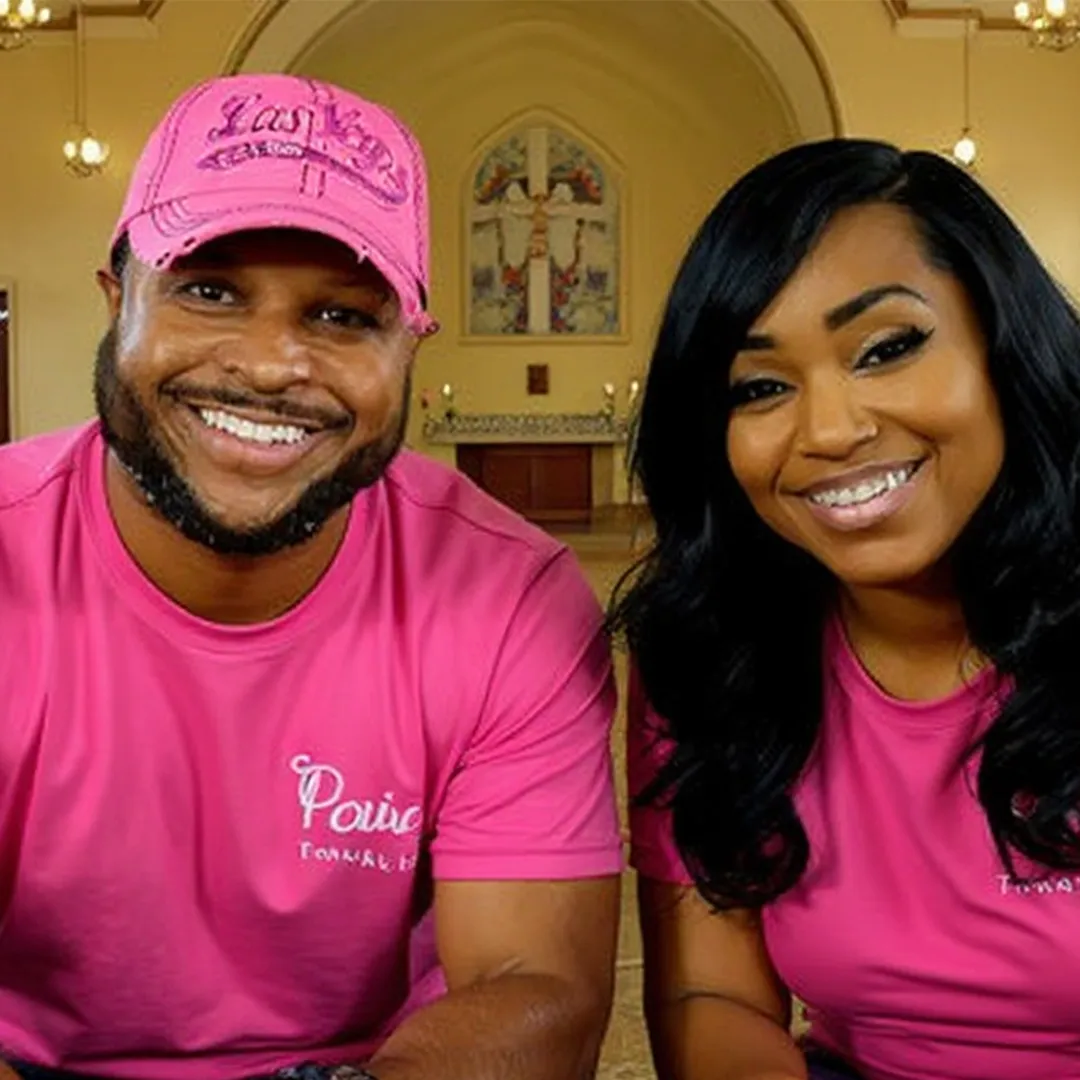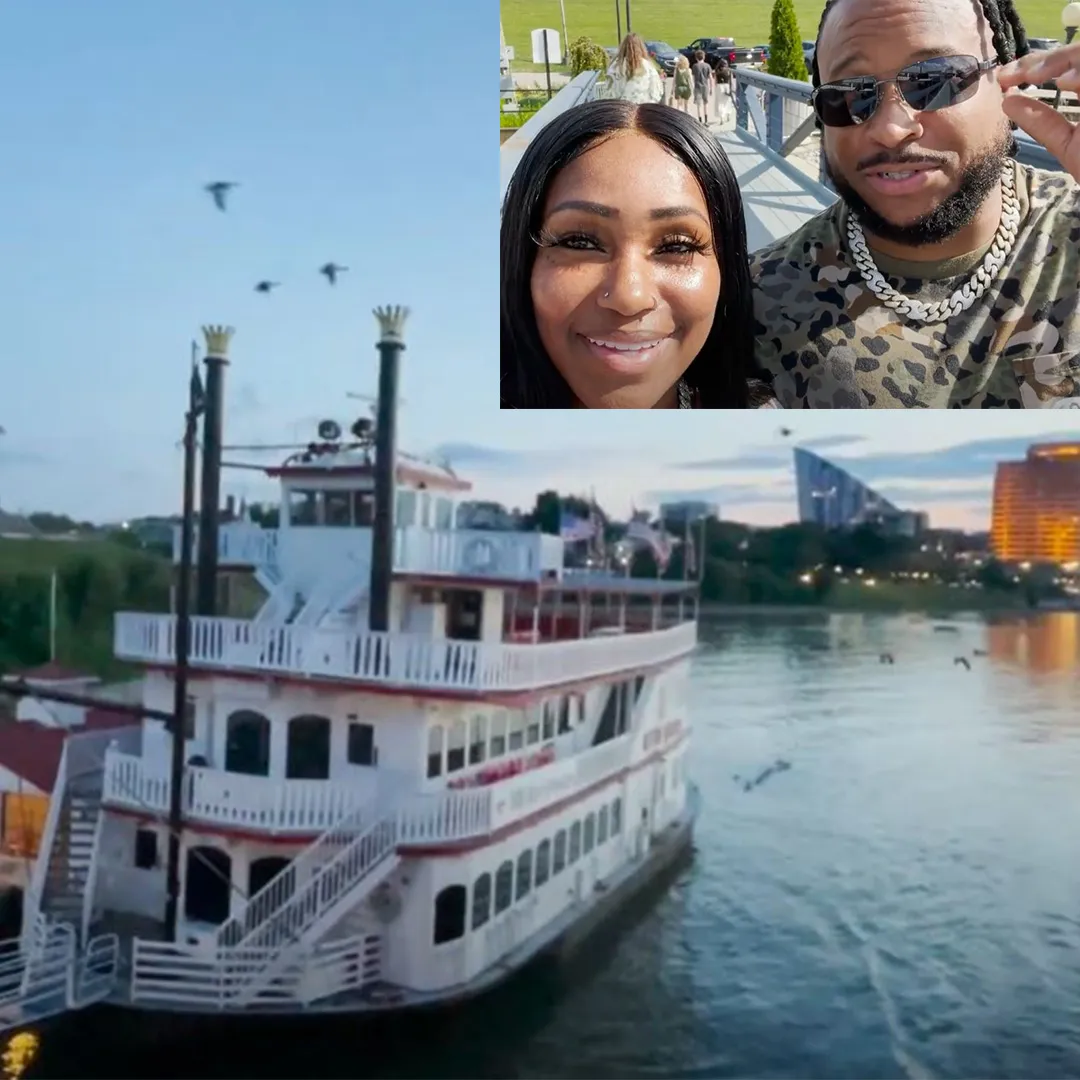From the light of the Christian faith, forgiveness is not merely a moral act—it is a sacred journey that brings us closer to God’s unconditional love. In the Bible, Jesus taught us: “Forgive others, and your Father in heaven will forgive you.” For believers, forgiveness isn’t just an option—it is a calling, a reflection of faith and obedience. Because if our hearts are closed to the faults of others, how can we expect God to open His arms to our own weaknesses?
(If you enjoyed this post and want to try out the same ingredients and tools I use, feel free to check them out below!
These are affiliate links, which means I earn a small commission at no extra cost to you. Thank you for supporting my work 💛
Forgiveness isn’t simply a gift we give to others—it’s a gift we give to ourselves. When we harbor resentment, pain, and anger, it’s like carrying a heavy stone in our hearts—the longer we hold onto it, the more it weighs us down. Forgiveness is the act of putting down that burden, allowing the soul to breathe again, and letting our lives move forward with hope instead of being imprisoned by the past. None of us are perfect, and because of that, we all need compassion. Learning to forgive is learning to love more deeply, live more fully, and become more humane.

To truly practice forgiveness, start by communicating with respect and sincerity. A gentle word can heal wounds more deeply than time ever could. Be brave enough to acknowledge your own mistakes—because growth begins with self-awareness and accountability. And give others the chance to apologize. Genuine remorse is often the first step toward transformation, and every person deserves a second chance.
Forgiveness doesn’t mean denying the pain or pretending nothing happened. Rather, it is a conscious choice not to let that pain dictate our emotions, our thoughts, or our future. It doesn’t change the past, but it opens the door to a better present and future. It’s a powerful statement that says: I will not be defined by what hurt me, but by the love and grace I choose to embody.
Our message is simple, yet deeply transformative: Always approach life with love. Refrain from quick judgment. And pray for peace—not just for yourself, but for everyone, even those who have hurt you. Forgiveness is the key that unlocks the chains of bitterness and suffering. It may not erase the scars, but it heals from within, bringing calm and light through mercy and grace.
In a world full of conflict and pain, where people are quick to hurt and be hurt, forgiveness is the most courageous form of compassion. Because only when we know how to forgive, do we truly know how to love—not the selfish kind of love, but one that is brave, patient, and unconditional. And it is that kind of love that holds the power to mend even the deepest wounds and bring us closer—to God, and to one another.




